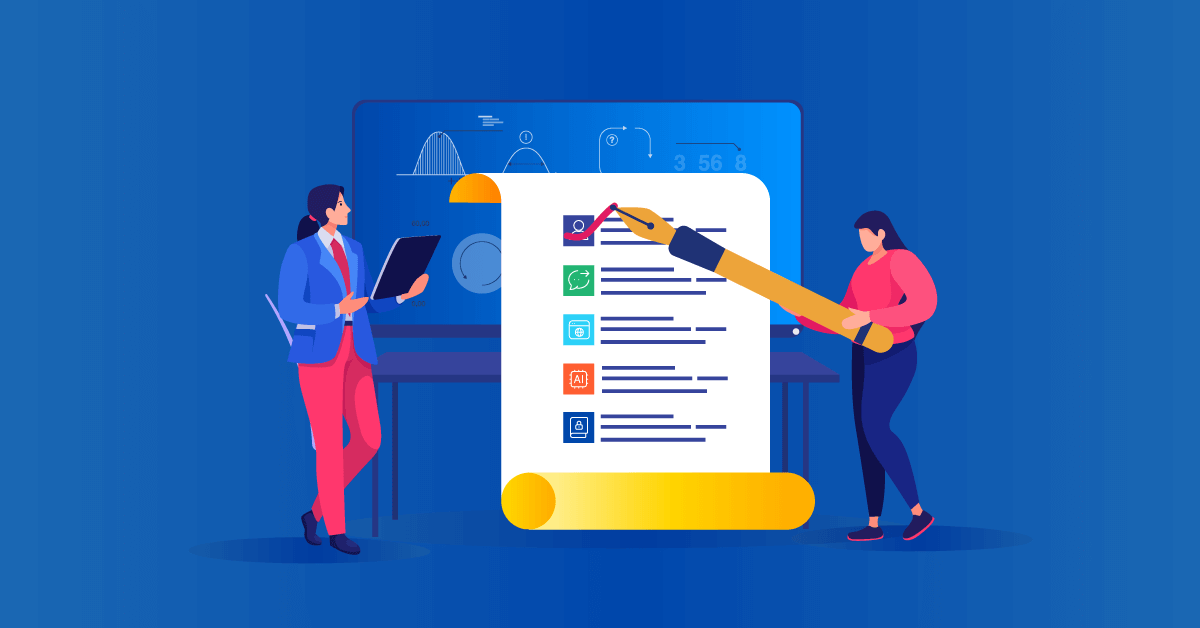What happens when you have a Subject Matter Expert (SME) and an Instructional Designer (or an eLearning program developer) in one room?
You have a creative meeting that ends with a specific outline for the course, complete with interactivity nodes highlighted. And of course, a very confident instructional designer who knows the program would sell before it hit the shelves!!
This is because the material is both learner and organization centered, stemming from core objectives.
Importance of Subject Matter Experts
Without an SME, the eLearning content is as incomplete as a great website without accurate and current content! The goal here is not necessarily to create compelling content with smooth slide turner interactions, but to work with the expert in order to really spin the program towards a very time and cost efficient direction.
Did we mention greater learner performance and learning satisfaction? With the right SME handling strategies, not only will your eLearning program be hassle-free to develop, but you will also earn credibility in your organization. Let’s discover how to catch these rare knowledge brokers.
We all know the usual protocol to contact a subject matter expert. We request for a meeting, we follow up with a “thank you very much”. We refer to their articles, blogs or books available online and then we gather the content that we need. SMEs are your content providers and we all know that content is K-I-N-G!
Subject Matter Expert (SME) and Instructional Design
Subject Matter Experts and Instructional Designers have an equal role to play in the eLearning program design. So how do you treat them? Like a team member or the boss?
To be very honest, SMEs have a wealth of deep knowledge in their subject. They are more than happy to share their knowledge with anyone who is willing to listen. The Instructional Designers (ID), in their own right, have accomplished the optimum mix of all learning theories and online teaching strategies and tools to develop a best seller eLearning program.
Needless to say, both SME and ID can combine forces to create innovative learning experiences for the learner. If the learner (or the organization) is the center of the axis, let’s place them on the pedestal and design the program for them.
It’s all about the learner.
LMS For SMEs And Developing eLearning Courses
With two valuable assets in the eLearning program design team, developing courses should be a breeze. Unfortunately, it is not so easy in most cases. The surplus and the overzealous content received from the SME needs to be edited with great care and precision. The editing process involves several factors:
- The organizational strategy and goals: Avoid obscuring the course requirements by revising the organizational goals together. This will keep you both on track. The Subject Matter Expert will have several pieces of content which will be “highly important” according to them. Often this important stuff adds to the bulk of the content, pushing it over the edge. Your job is to gather crucial information from the SME and narrow it down according to the organizational strategy and training goals for the eLearning program. This way you can have the “most important” AND “most relevant” information in the course.
- Think about the learner. Analyze their past experiences and trainings. This way you will be able to reduce the content by including only the next in line, scaffolding concepts. The idea is to build you content on previous courses. An SME will be able to guide you towards increasing the challenge and scope of the course as compared to its previous counterpart. As an ID, you will need to identify the learning preferences of the learner. Do they prefer online, mobile or Instructor-Led Training? Discuss with the SME, they will have just the right resources for each delivery format.
- Determine the length as well as the depth of the course. Can the content be covered in 2 days? 16 hours? Six weeks? An SME will be the best judge to determine how long it would take for a facilitator to cover the course. You can also develop extra exercises for the important concepts with the SME. Both Instructional Designers and Subject Matter Experts can exchange perspectives to create strong assessment and casual reinforcement exercises. SMEs are also the best people to device out the capstone project for the course. Their extensive knowledge on the subject will provide you with the great data. Your job will then be to determine how this project will be developed using educational technology tools and how it will be delivered with the learning management system.
- Shift “essential to know”, “important to know” and “nice to know” information with the SME. When all the content is placed under each of these headings, it will be even easier to decide the delivery format for these topics in the online environment. For example, the “nice to know” information can be placed under the Resources, References or even the Glossary section. The SME will also help with the wording of the content in terms of summarizing it and presenting it in bullet forms. If a storyline is used in the course to link the learner to the real-world application, the SME can help develop characters with problems that will be solved by the learner. As an ID, you can focus on the delivery format, instead of learning another new subject from scratch!
- Remember these tips when working with SMEs to avoid creating an information dump for the learner. When selecting content, establish its relevance to the eLearning course by answering the following questions:
- Does the content speak to the heart of the topic?
- Is it critical to be educated to perform the task at hand?
- Will the content be assessed through quizzes or is it directly linked to performance?
- Does it links to essential understanding (foundations)?
- Does it have interesting points which add value to the learner?
- Does it help make links to other concepts?
Conclusion
A Subject Matter expert is as important in the online instruction design process as the content is to a website. Unfortunately, the power of the SME usually isn’t fully harnessed during the eLearning development process. There are several strategies to communicate with the SME that go beyond the regular protocol.
When meeting with the SME, consider the organizational learning needs as the starting point. Progress to the learning preferences and needs of the learner. Determine the scope of the project by shifting content between “important to know” and “good to know”.
Finally, evaluate with the SME using the checklist provided at the end of the article.


